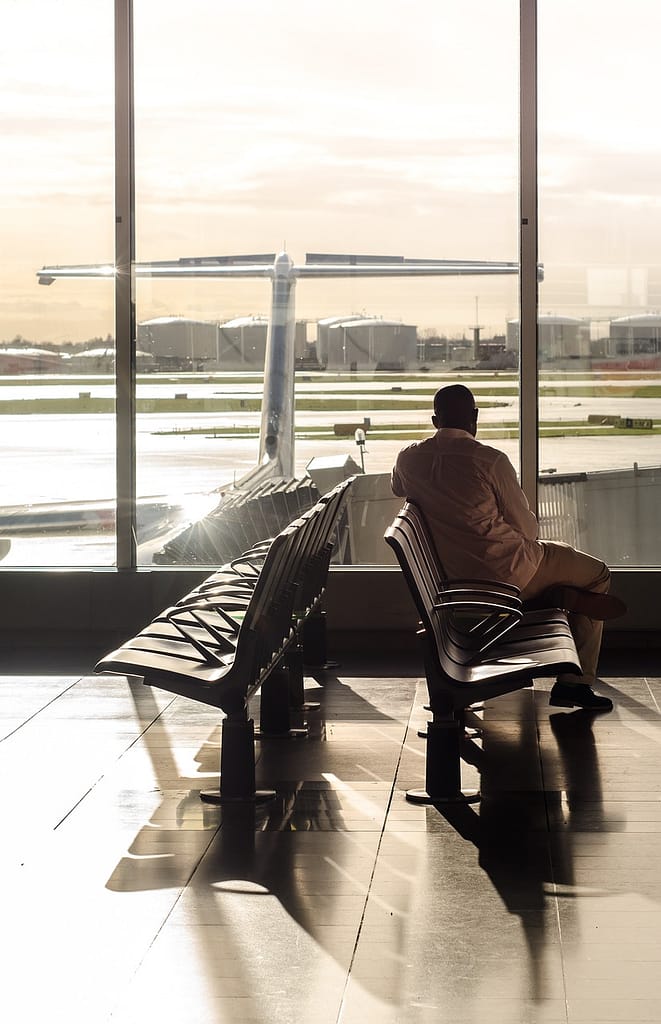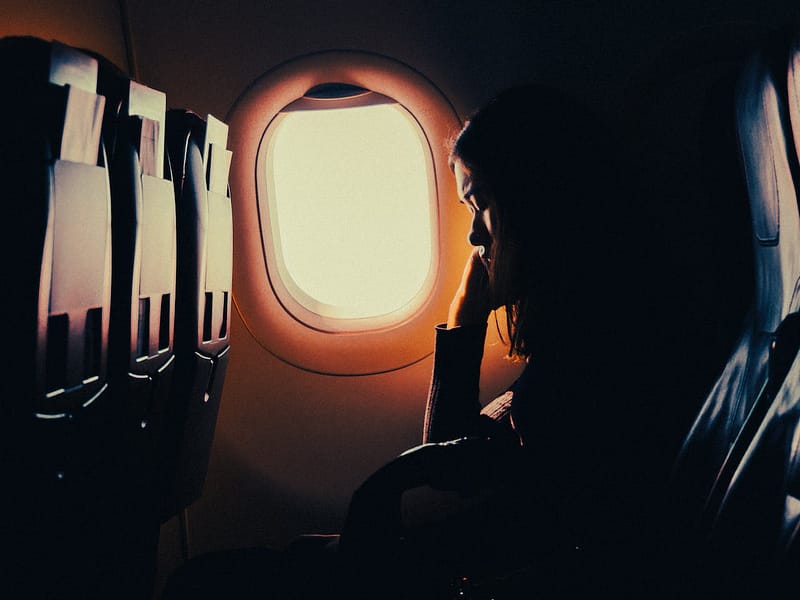Traveling across many time zones often leads to fatigue and poor sleep quality; jet lag can put a dent in your vacation plans and often follows travelers home afterward. Here are a few suggestions on how to reduce your symptoms of tiredness.
- Choose your flights carefully. Ideally, try to match the flight arrival with the local time that follows a natural sleep pattern. For example, if you arrive in the evening after a long flight and have avoided sleeping on the plane, you are more likely to feel tired and ready for bed by the time you check into your hotel.
- Plan your sleep on the plane wisely. Is it best to sleep at the start of your long-haul flight or toward the end of it? Sometimes it’s best to try and avoid sleep until you arrive at the destination, such as flights that arrive in the evening.
- Find ways to make the flight more comfortable for sleep. Use ear plugs, noise cancelling headphones, eye masks, neck pillows, and try changing into slippers instead of wearing shoes. Follow your bedtime routine on the plane before you try to sleep. For example, brush your teeth, wash your face, and change into comfortable clothing.
- Hydrate with water and avoid caffeine and alcohol just before, during and just after the flight. Dehydration can make jet lag symptoms worse. A cup of tea or coffee can help you make it through the day but try not to consume caffeine-rich products for at least 6 hours before bed.
- Get sunlight exposure to “reset” your body’s natural clock (circadian rhythm). Maybe you just arrived from a long flight in the early morning; go for a short walk outdoors to help your body understand you are starting your day. Similarly, watching the sunset outdoors will help tell your body it’s getting close to bedtime.
- Nap sparingly. If you’ve arrived at your destination and exhaustion sets in, a short 20-30 minute nap can help energize you without affecting your sleep schedule. Avoid naps longer than 30 minutes and try not to nap after 3 pm (local time).


Medications for Sleep
Over-the-counter (OTC) or prescription medication options to help induce sleep in a new time zone may be a good idea to reduce jet lag. Some OTC options include melatonin, antihistamines, and herbal supplements. Many studies suggest melatonin does help as a sleep aid; and taking as little as 0.5 mg may be just as effective as 5 mg. It’s best to take melatonin 30 minutes before your desired sleep time.
Taking antihistamines like diphenhydramine (Benadryl) or dimenhydrinate (Dramamine) can also help with sleep and is useful for those who also are prone to motion sickness.
Common prescription sleeping medication includes zolpidem (Ambien) and temazepam (Restoril). Because some people have side effects to these medications, it’s best that your first experience taking a prescription sleep aid is not on a flight! Your primary care provider can provide a prescription and additional information.